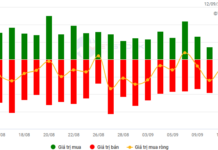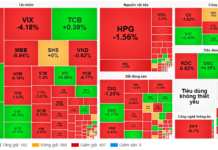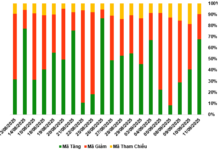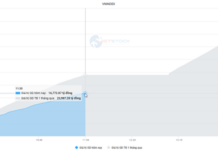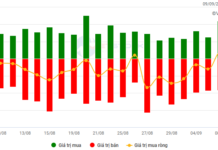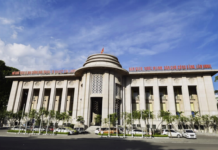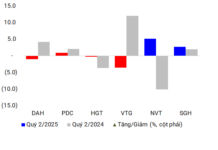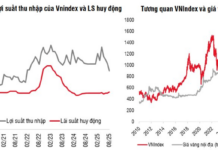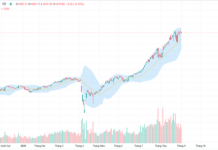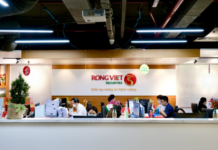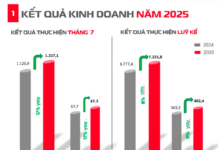In the face of mounting inflationary pressures, the Vietnamese government has indicated its intention to implement proactive measures to curb the surge in prices in 2024. Deputy Prime Minister Le Minh Khai presided over a government conference on price management on April 24th.
Inflationary Pressures Emerge
Despite relatively stable prices in the first quarter of 2024, which saw a 3.77% increase in Consumer Price Index (CPI) compared to the same period in 2023, Vietnam anticipates heightened price pressures in the coming months.
Surging retail sales and a rebound in travel spending suggest rising consumer demand. Concurrently, global supply chain volatility, the potential impact of domestic wage policy changes, and fluctuating commodity prices pose significant risks to price stability.
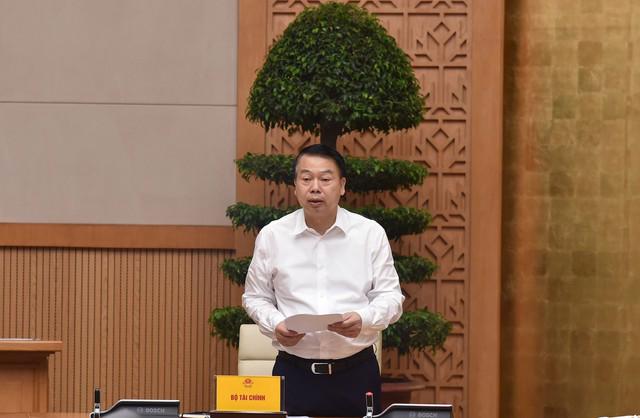
The Ministry of Finance has outlined three potential price management scenarios for 2024. These suggest an average CPI increase of between 3.64% and 4.5% compared to 2023.
Government Outlines Price Management Strategies
In response, the government has outlined several key measures for the second quarter and remaining months of 2024. These focus on ensuring inflation control while supporting businesses and households.
To avoid reactive policy responses, ministries and agencies have been instructed to develop detailed price management scenarios. These scenarios will anticipate potential impacts on essential goods and services, enabling proactive strategies.
The government is carefully reviewing the timing for price adjustments on state-managed essential goods and services, ensuring close coordination with the country’s new Law on Prices and wage policy, both of which are scheduled to take effect on July 1, 2024.
Additionally, officials are committed to ensuring sufficient supplies of essential goods, especially those with a significant impact on the CPI.
The roadmap for adjusting public service prices towards market-based mechanisms will continue to be implemented. This process will involve careful calculations and proactive plans to manage potential price changes in a measured way.
Fiscal, Monetary, and Gold Market Interventions
Alongside these core measures, the government will take a multi-pronged approach involving several policy tools. Officials are exploring adjustments to taxes and fees to provide targeted support for businesses and consumers.
Furthermore, the State Bank of Vietnam will play a key role in managing credit, interest rates, and exchange rates. These monetary policy measures will be implemented to support inflation control and promote growth.
Additionally, the State Bank will take steps to ensure supply and demand equilibrium in the gold market. This will help stabilize prices and address volatility in this sector.
To facilitate long-term success, the government is emphasizing consistent and effective price law implementation. Ministries and agencies are tasked with ensuring a clear and cohesive legal framework for market interventions and consumer price management.
Deputy Prime Minister Urges Decisive Action
At the conference, DPM Le Minh Khai stressed the importance of combating “price inflation” and “group interests”. He underscored the need to protect general welfare and consumer confidence.
The government has pledged to keep the public informed about price developments, emphasizing transparent and timely communication of its management strategies.
While the complex economic landscape in 2024 presents numerous challenges to price stability, the Vietnamese government has demonstrated its strong commitment to maintaining control through proactive planning, targeted interventions, and careful policy coordination.

